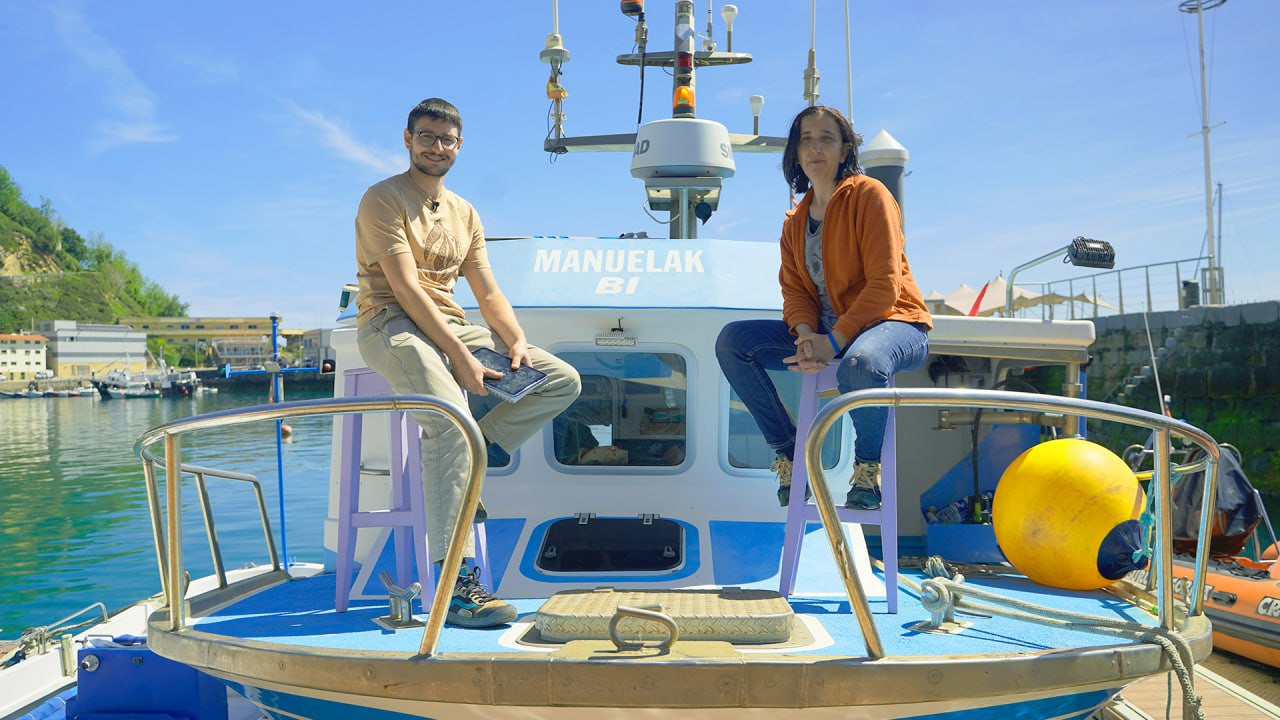
Jauregi explains that they have been able to survive 25 years: "In Getaria there's a fishing environment, there's good restaurants, it's a strategic place, and we like this world." The boat is named after his grandmother Manuel: "She was a peasant, working woman," she stresses.
Jauregi explains the octopus fishing technique, which is caught in baskets, is a rock fishing that has been carried out in early summer and autumn. He warns that there is less and less octopus: "We've realized that year after year it's been declining, we don't know why. Something happens at sea, it's obvious. I have noticed the change that the sea has experienced for more than five years. I'm not a biologist, I don't know if on these issues, but what we see is there's been a change in water. We don't know where the problem is going, but there's a problem and it's hard, yes."
He says that the habit of eating octopus has spread in recent years. He says that of everything you eat, what they capture is "a very small percentage" and they sell it in very specific places, in restaurants in the area, that buy a local product. Most of the octopus we eat here comes from the outside: From Morocco, etc.
Most of the fish caught on the day it was formerly sold in the port: "If this habit existed, people came to the area and sold fresh fish of the day. Now there are a lot of problems doing these things, licenses, sanitation, permits...". This direct sale has disappeared and Jauregi sells the fishery to restaurants.
At the back there is no relief in fishing: "People are no longer ready for fishing. The point of view has changed. People are retiring (in the sea they do a little earlier because life is hard and the person spends) and gradually the fishermen will disappear." He says that if there were other conditions to work, people would be encouraged: "On the one hand there is no fishing and, on the other hand, with this situation, it is normal that nobody will be encouraged to follow".
They have also had to cut off their activity: before they left five working days and now three out of five. The other two days are dedicated to the work of "secano": sewn of networks, arrangement of baskets... "The work has a lot of boats," says Jauregi. And they're not worth going out every day, they've decided to cut down on gas oil and the rest of the expenses, "and with it, go ahead."